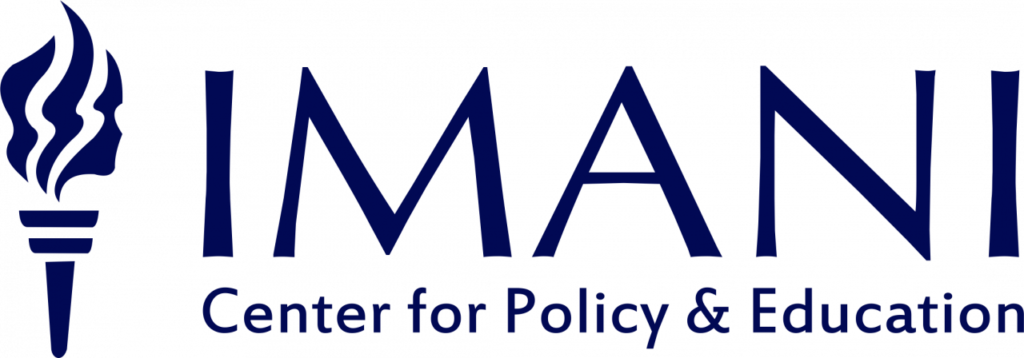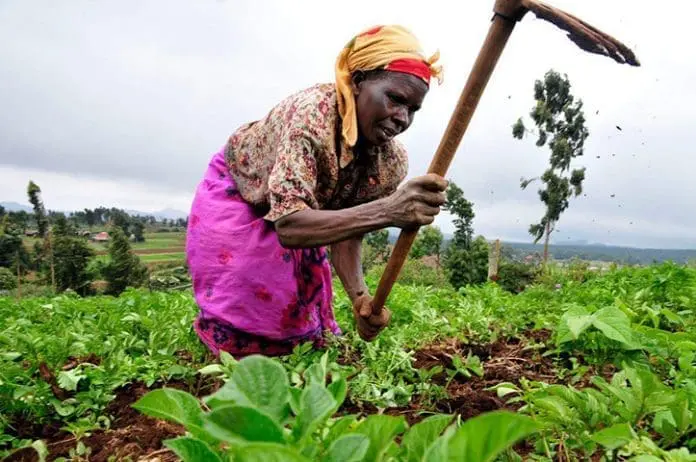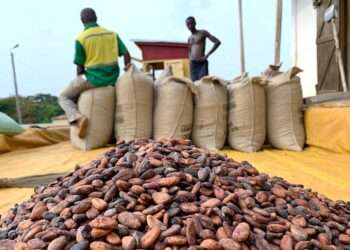IMANI Africa has issued a stern warning about Ghana’s growing food insecurity crisis, describing it as a wake-up call for urgent systemic reform.
Drawing on data from the Ghana Statistical Service (GSS), the United Nations (UN), and the World Food Programme (WFP), IMANI’s Critical Analysis revealed that the country’s food systems are under severe strain, exposing both structural weaknesses and widening social inequalities.
“According to the GSS Report, 13.3 million Ghanaians were food insecure by the end of 2024, representing a 7.3% rise within the year. The figures revealed the uneven impact of economic recovery and limited access to food across regions and households. The Volta Region recorded the highest rate at 52%, while Greater Accra saw a sharp increase from 20.2% to 29%.
“Food insecurity also affects women disproportionately, with 44% of female-headed households impacted compared to 37% of their male counterparts. Nutritional conditions have worsened too, as underweight children in food-insecure homes rose from 38% to 44.9%”
IMANI Africa
IMANI Africa argued that the issue can no longer be treated as a seasonal or rural problem but as a systemic national crisis threatening health, productivity, and stability. The organization highlighted the deep-seated structural problems limiting Ghana’s ability to ensure access and affordability of food.

It observed that at the 45th World Food Day celebration in Accra, UN Resident Coordinator Zia Choudhury underscored these concerns, noting that temporary relief efforts were insufficient to address the magnitude of the problem.
“Ghana must move from short-term relief measures to a more sustainable and equitable food system built on resilience, safety, and inclusivity,” Choudhury emphasized, adding that poor working conditions for women in food processing, low farmer earnings, and weak resilience mechanisms were compounding the challenge.
The WFP’s Ghana Country Brief released earlier in August supported IMANI’s findings, linking the surge in food insecurity to environmental degradation, climate change, and economic pressures. The report pointed to poor infrastructure and declining farm-gate prices, which discourage production and investment.
“Ghana’s position as a food-deficit nation makes it highly vulnerable to global price spikes, particularly for staples such as imported rice,” the WFP warned, explaining that the country’s dependence on imports exposes local markets and consumers to external shocks.
The WFP further highlighted the toll of malnutrition, persistent stunting, and vitamin deficiencies, estimating through the Cost of Hunger in Africa study that Ghana loses 6.4% of GDP annually due to undernutrition, while poverty remains high at 23.3%, with over 677,000 people living in extreme poverty – figures that IMANI argued reflect the economic and human cost of an “uncoordinated food system under stress.”

Structural and Coordination Reform
IMANI’s critical assessment concluded that Ghana’s food insecurity is a failure of coordination and long-term planning rather than production alone.
Despite overall economic growth, the benefits have not translated into nutritional security. Fragmented agricultural policies, limited post-harvest infrastructure, and weak integration between social protection and nutrition initiatives have created a fragile system.
“Without structural reform, even temporary gains will remain fragile,” IMANI’s analysis warned, adding that persistent food insecurity will undermine public health, deepen poverty, and erode labor productivity. Such vulnerabilities also threaten fiscal stability, as food inflation continues to drive broader cost-of-living crises and social unrest.
To address the crisis, IMANI Africa called for a coordinated food policy framework that prioritizes resilience and inclusion.
The organization recommended investments in climate-resilient agriculture, improved transportation, and modern storage facilities to reduce post-harvest losses. It also advocated for stronger market access and fair pricing systems that “empower smallholder farmers and stabilize food supply chains.”
Additionally, IMANI stressed the need for nutrition education, food safety, and data-driven policymaking to target vulnerable communities more effectively. By reforming its food system, Ghana can turn its vulnerabilities into opportunities for inclusive growth and stability, IMANI insisted.

As IMANI’s report noted, feeding the nation must now go beyond agricultural output. It must focus on building a food system that protects livelihoods, promotes equity, and sustains long-term national development.
READ ALSO: Ghana Paying for Past Policy Indecisions as Oil Revenues Decline — Prof. Lord Mensah























